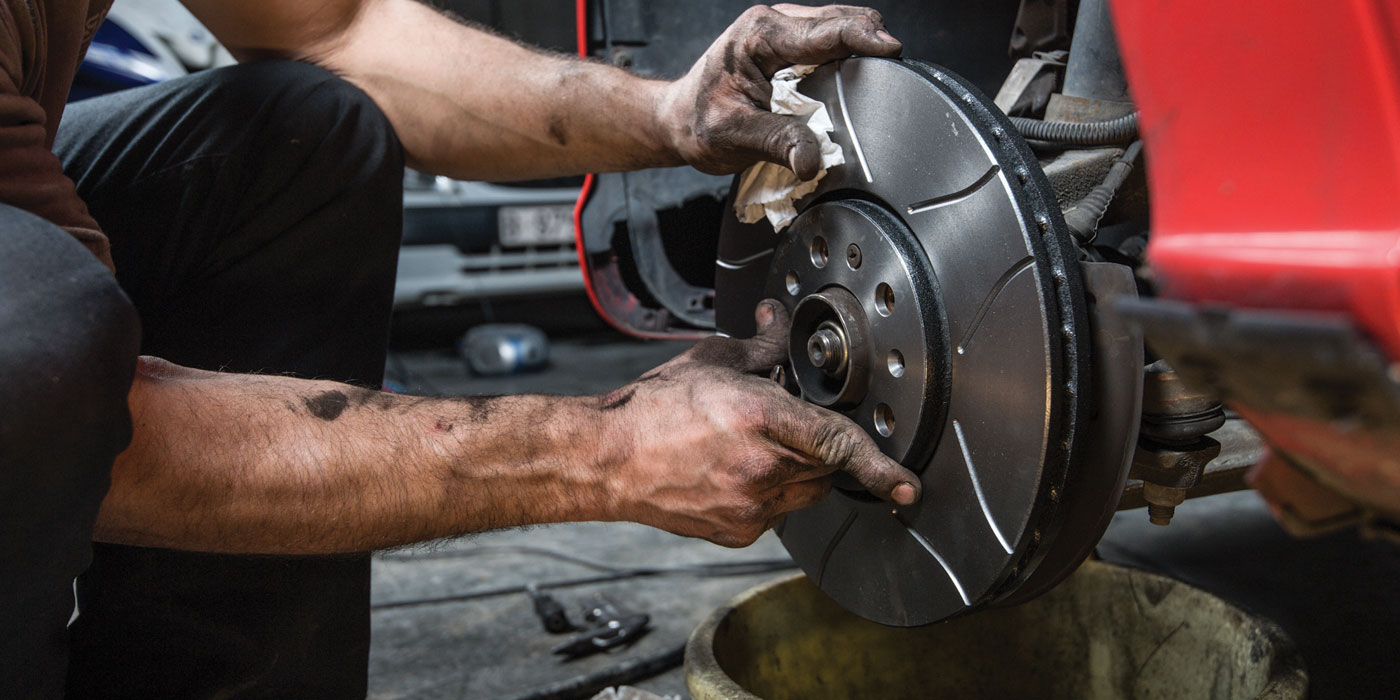Do you ever read the newspaper cartoon, “The Family Circus?” Every now and then, a repeating theme in the cartoon references a situation in which something went wrong but nobody wants to accept the blame. Everyone points to every one else: “Not me,” “not me” and “not me,” they all say, as if the whole problem will magically go away if no one accepts responsibility. Sound familiar?
This is certainly a situation that happens in families, but it certainly happens in our businesses too.
A few weeks ago, I had an appointment with the owner of a company. While I waited, a conversation very similar to the “Not me” cartoon scenario was beginning to develop near me and I couldn’t help but listen in.
Apparently, a technician customer had called and ordered a part for a vehicle he was working on. Normally, this customer has all his parts delivered. But this time, anticipating that the delivery to his repair business might take a longer amount of time than he could afford to wait, he chose to send someone to the parts store to pick it up. Can you figure out what happened next?
As instructed, the person who was picking up the part for the technician went to the store. Apparently, some wires had gotten crossed at the parts store, and the part was now in the process of being delivered to the technician. This might not normally be a huge problem, but in this particular case, the installer was at the very end of the delivery run. Consequently, he wasn’t going to see his part for at least another 30 minutes — and that was 30 minutes too long.
NOT ME!
The person at the parts store who took the call blamed the dispatcher. The dispatcher, in turn, blamed the counterman for not being clear enough. Finally, the manager blamed the customer because that customer always has his parts delivered and never picks them up. Everyone worked very hard to avoid responsibility while completely annoying the innocent person who simply showed up to pick up a part for a tech I assumed to be a pretty good customer.
I’ll bet this scenario has never happened in the auto parts business you work in, right? Wrong. It happens in every parts business and I would guess, in every other kind of business too. What’s different from one business to the next is how situations like this are handled and how individual players accept responsibility for what took place.
BE PROACTIVE
A proactive approach is the best place to start. By carefully reviewing all of your procedures on a regular basis, you get a chance to discover the possibilities for errors, even before they happen. The extra time it takes to do this is well worth it and will reduce the number of day-to-day problems that may be happening in your company.
The next and most important step is having a clear understanding about what will happen if the proactive review of procedures misses something and you suddenly find yourselves in the midst of a big problem. Instead of everyone running in separate directions to get away from the problem, imagine what would happen if everyone gathered together to figure out how to resolve it. After that, everyone would continue to work together to figure out what exactly went wrong so the same situation can be avoided in the future.
CHECKS & BALANCES
If your distributorship seems to be susceptible to reoccurring problems, another set of checks and balances needs to be put in place. Consider this idea: Establishing a policy in which the employee who makes a mistake is the employee responsible for visiting the customer (in person) to apologize for the error? That’s what we did when I owned an auto parts store. If you goofed up, you got into a company vehicle and drove over to the customer’s place and apologized to him in person. The fear of this alone drastically reduced any problems we were having with “dumb” mistakes.
Managers do things right and leaders do the right things. Anyone in your store can accept a leadership role and help make sure your company does the right things when faced with a problem, especially if that problem jeopardizes your reputation with a customer. A customer never cares whose fault something was, he just wants the results he anticipated when he picked up the phone and called your store.
At the end of every disappointing or unpleasant situation involving a customer, someone in your company must ask, “Did we fix the problem?” and “Did we fix the customer?” Unless you have done both, your responsibilities have not been fulfilled.









